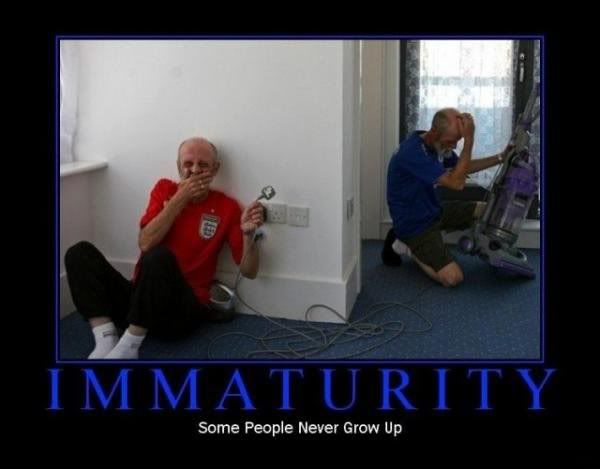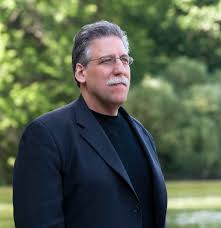"Boys will be boys;" "I want to experience life while I can;" "They're just kids;" "I will always have time to learn about that later, but I want to have fun now;" "I want to live it up while I can!" These, and others like them, are the "I'm Still Young" class of justifications. It is a common idea to believe we will always be able to change later. This is often why youth act like they don't care, they think they will always be able to fix it later.
However, contrary to this idea, there are many problems with this type of justification. The first problem is easy to see. Being young does not change the morality of an issue. Lying, Murder, Hate, etc. are all wrong no matter your age. This idea is undertaken in Ecclesiastes 11:7-10. The author does say to live well while still young, enjoy your youth, but remember we will be held accountable. Clearly, to be young is not to absolve from responsibility. And I think most people realize this very quickly.
I am not sure we are as ready and eager to recognize the second (and I think deeper) problem behind the "I want to experience life while I can" set of justifications. I think there is something fundamentally wrong with what we think experiencing life is in reality.
Far too often I will hear, and even think myself, that life is better while you are young. This seems to be an underlying assumption in our culture today. "Those were (are) the best days of your life" or other like statements adequately describe our attitude toward life. We as a culture honestly think life is at its best in High School and College. This is something that has been documented by Diana West in her book The Death of The Grown Up. Also, for a couple shorter treatments of this idea, check out these articles by John Stonestreet.
For some reason we have bought the idea that life is all downhill after 30. This scares me as I turned 30 this year. But it also scares me, because it means that, if this theory is true, I am now heading into the boring part of life! Is life really best in the 20s???
 I would venture that it shouldn't be true. And it is a very, very sad thing for people who find it to be true for them. It is painful to be around people who are in the middle of life, still wishing to be in high school. Don't believe me??? To show you life should get better with age, like fine wine or cheese, I submit Uncle Rico.
I would venture that it shouldn't be true. And it is a very, very sad thing for people who find it to be true for them. It is painful to be around people who are in the middle of life, still wishing to be in high school. Don't believe me??? To show you life should get better with age, like fine wine or cheese, I submit Uncle Rico.Do you know Uncle Rico? In the movie Napoleon Dynamite, a set of loser characters combine to make a memorable movie (though maybe memorable for all the wrong reasons.) In this movie of loser characters, I think we all know the worst one is Uncle Rico.
Rico is a 30s relative of the main character Napoleon. He is often referring to his high school football days, "I bet I could still throw a football over those mountains." He wishes he could relive his glory days! Unfortunately, those are his glory days. He now lives in a van, and tries to come up with get-rich-quick schemes. It is hard not to understand the pathetic nature of a grown man wishing to be in high school again.
Even so, we, as a culture, try to hold on to our teen years for as long as possible. This is true enough that it is not actually hard to find an "Uncle Rico" in real life. We can all probably think of someone like this, or we will find one soon.
I think this goes against the idea Christ had in mind when he spoke of having the full life in John 10:7-10. It seems to be counter-intuitive to urge people to reach for a "full" life, but it doesn't keep getting better as people grow. A full life should only get better. In this case, getting older would be welcome.
Most cultures have understood the value of growing old. They recognized, that while losing some physical ability, growing old brings an experience and wisdom that is surpassing in its meaning and beauty. This is one reason why many cultures have a more healthy respect for their elders.
As a culture, we need to recognize the full life begins in Christ, and only gets better as we grow in him. This will help our students to mature earlier, because they will not be afraid of the life still to come.



















.jpg)




